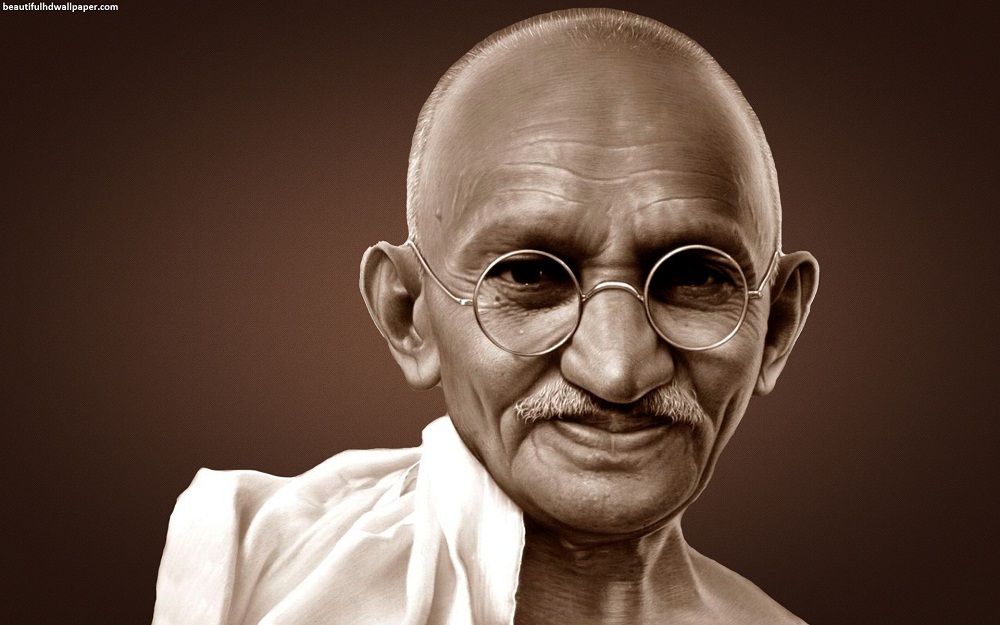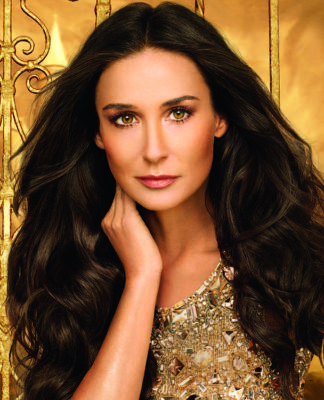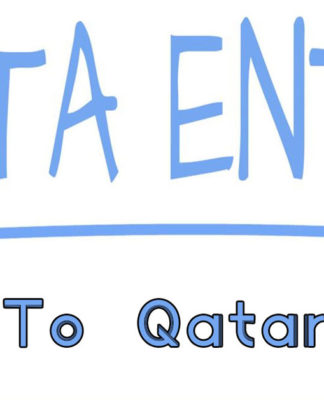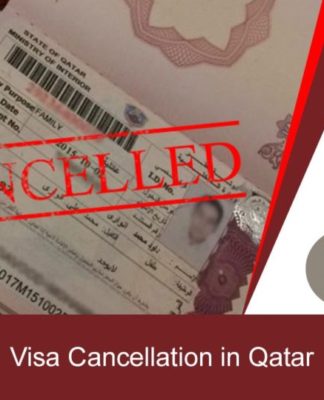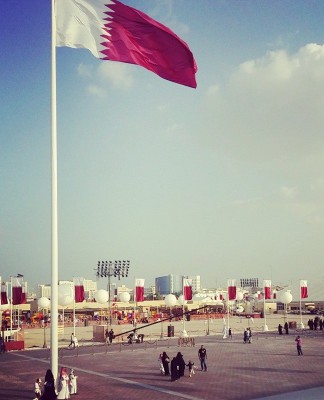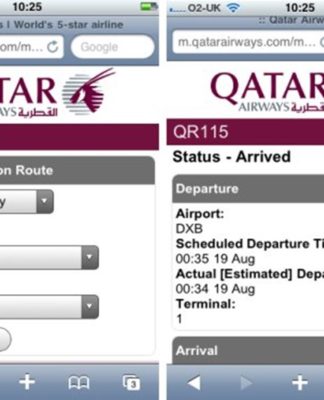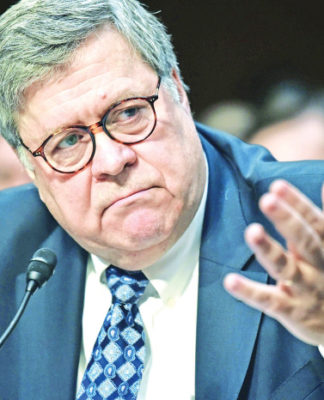10 Famous Political Leaders who were Assassinated
A murder of an individual is called assassination, who is usually a famous celebrity, politician, religious figure or royal. Usually in cases of assassination there is a clear motive – jealousy, political or religious idealism, contract killing, revenge etc. As the world moved into the modern day, the killing of important people began to become more than a tool in power struggles between rulers themselves and was also used for political symbolism, such as in the propaganda of the deed. Ever since the Moabite King Eglon was stabbed to death on his throne in 1200 BCE and probably long before that, the political leaders have been killed for any number of reasons.
1. Benazir Bhutto: Pakistan
The Chair-Person of Pakistan Peoples Party (PPP), Benazir Bhutto was the most famous Pakistani woman socialist-democratic politician who was the 11th Prime Minister of Pakistan. B. B. was the first woman elected to lead a Muslim state, having twice been Prime Minister of Pakistan in two non-consecutive terms (1988–1990; 1993–1996). She was Pakistan’s first and to date only female prime minister and was the eldest child of Prime Minister of Pakistan Zulfikar Ali Bhutto and First Lady of Pakistan Nusrat Bhutto, and was the wife of current President of Pakistan Asif Ali Zardari. As the former Prime Minister of Pakistan, Benazir Bhutto was an icon of the battle for democracy, and stands with only a handful of female executive leaders who have shaped the global events of the last century.
2. John F. Kennedy: USA
John Fitzgerald “Jack” Kennedy was the 35th President of the United States, serving from 1961 until his death in 1963. After Kennedy’s military service as commander of the Motor Torpedo Boat PT-109 during World War II in the South Pacific, he became a Democratic Congressman from the Boston area, advancing in 1953 to the Senate. He married Jacqueline Bouvier on September 12, 1953. In 1955, while recuperating from a back operation, he wrote Profiles in Courage, which won the Pulitzer Prize in history. In 1956 Kennedy almost gained the Democratic nomination for Vice President, and four years later was a first-ballot nominee for President. Millions watched his television debates with the Republican candidate, Richard M. Nixon. Winning by a narrow margin in the popular vote, Kennedy became the first Roman Catholic President.
3. Indira Gandhi: India
Indira Priyadarshini Gandhi was an Indian politician who served as the third Prime Minister of India for three consecutive terms (1966–77) and a fourth term (1980–84). Gandhi was the second female head of government in the world after Sirimavo Bandaranaike of Sri Lanka, and she remains as the world’s second longest serving female Prime Minister as of 2012. She was the first woman to become prime minister in India. She was the only child of Jawaharlal Nehru, the first prime minister of independent India.
4. Martin Luther King, Jr.: USA
Martin Luther King, Jr. was an American clergyman, activist, and prominent leader in the African-American Civil Rights Movement. He is best known for his role in the advancement of civil rights using nonviolent civil disobedience. King has become a national icon in the history of modern American liberalism. King became a civil rights activist early in his career. He led the 1955 Montgomery Bus Boycott and helped found the Southern Christian Leadership Conference in 1957, serving as its first president. In 1964, King became the youngest person to receive the Nobel Peace Prize for his work to end racial segregation and racial discrimination through civil disobedience and other non-violent means.
5. Abraham Lincoln: USA
Abraham Lincoln, nicknamed Honest Abe, was the 16th President of the United States from March 1861 until his assassination in April 1865. Honest Abe steered his country through the American Civil War and ended slavery within the country’s boundaries. He also had the reputation of being respectful and fair. His tenure in office was occupied primarily with the defeat of the secessionist Confederate States of America in the American Civil War. Lincoln successfully defused the Trent affair, a war scare with Britain late in 1861. Lincoln successfully rallied public opinion through his rhetoric and speeches; his Gettysburg Address (1863) became an iconic symbol of the nation’s duty. At the close of the war, Lincoln held a moderate view of Reconstruction, seeking to speedily reunite the nation through a policy of generous reconciliation. Lincoln has consistently been ranked by scholars as one of the greatest of all U.S. Presidents.
6. Liaquat Ali Khan: Pakistan
Nawabzada Liaquat Ali Khan was one of the leading Founding Fathers of modern Pakistan, statesman, lawyer, and political theorist who became and served as the first Prime Minister of Pakistan, in addition, was also the first Defence minister and minister of Commonwealth and Kashmir Affairs, from 1947 until his assassination in 1951. Liaquat rose to political prominence as a member of the All India Muslim League. He played a vital role in the independence of India and Pakistan. In 1947, he became the prime minister of Pakistan.
7. King Faisal: Saudi Arabia
Faisal bin Abdulaziz Al Saud was King of Saudi Arabia from 1964 to 1975. As king, he is credited with rescuing the country’s finances and implementing a policy of modernization and reform, while his main foreign policy themes were pan-Islamism, anti-Communism, and pro-Palestinian nationalism. He successfully stabilized the kingdom’s bureaucracy and his reign had significant popularity among Saudis. On 25 March 1975, King Faisal was shot point-blank and killed by his half-brother’s son, Faisal bin Musaid, who had just come back from the United States.
8. Thomas D’Arcy McGee: Canada
Thomas D’Arcy Etienne Hughes McGee was an Irish Nationalist, Catholic spokesman, journalist, and a Father of Canadian Confederation. He fought for the development of Irish and Canadian national identities that would transcend their component groups. He is, to date, the only Canadian victim of political assassination at the federal level. In terms of economics he promoted modernization, calling for extensive economic development by means of railway construction, the fostering of immigration, and the application of a high protective tariff to encourage manufacturing. Politically active, he advocated a new nationality in Canada, to escape the sectarianism of Ireland.
9. Rafic Hariri: Lebanon
Rafic Baha El Deen Al-Hariri (November 1, 1944 – February 14, 2005), was a business tycoon and the Prime Minister of Lebanon from 1992 to 1998 and again from 2000 until his resignation, 20 October 2004. He headed five cabinets during his tenure. Hariri dominated the country’s post-war political and business life and is widely credited with reconstructing Beirut after the 15-year civil war. Hariri was assassinated on 14 February 2005 when explosives equivalent to around 1000 kg of TNT were detonated as his motorcade drove past the St. George Hotel in the Lebanese capital, Beirut.
10. Mahatma Gandhi: India
Indian political activist and spiritual leader, Mohandas Karamchand Gandhi, commonly known as Mahatma Gandhi, was the preeminent leader of Indian nationalism in British-ruled India. The voice of non-violence in an increasingly violent world, when the emaciated Indian holy man was gunned down on the streets of New Delhi by a university student turned activist, it was a tremendous blow not only to India, but to the entire world.
Source: Wonderslist.com














